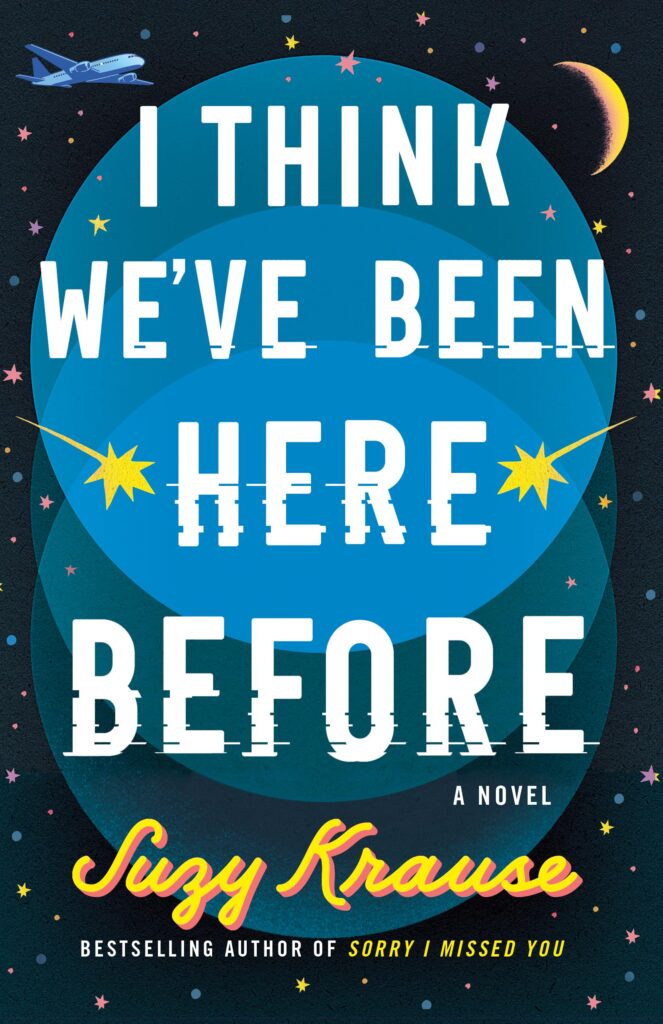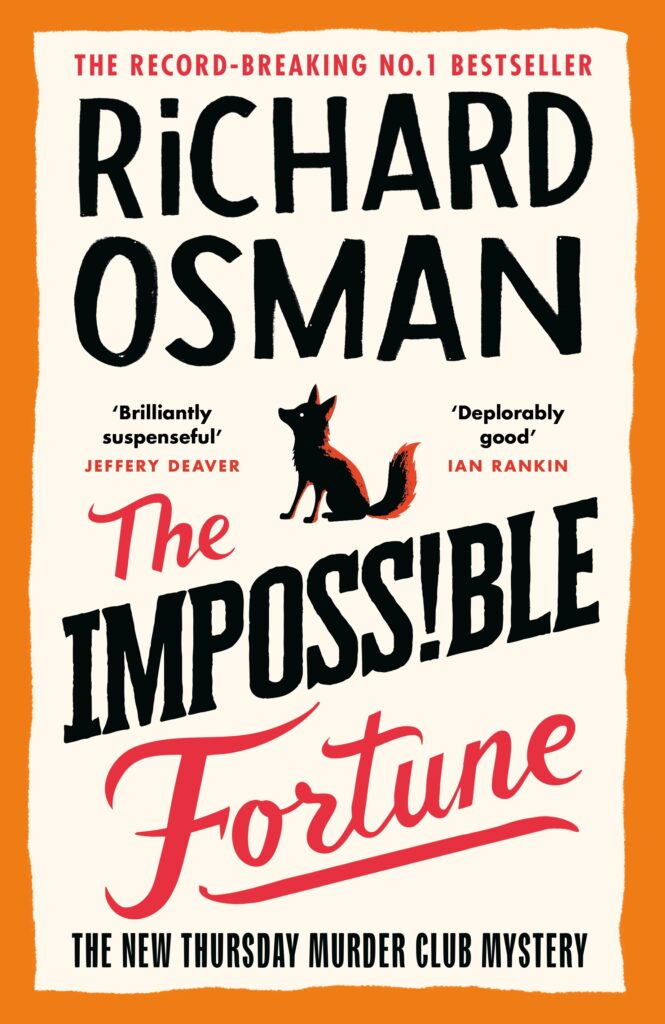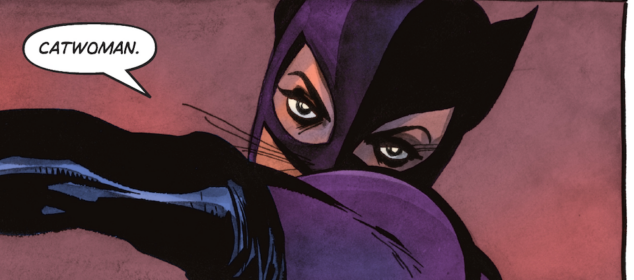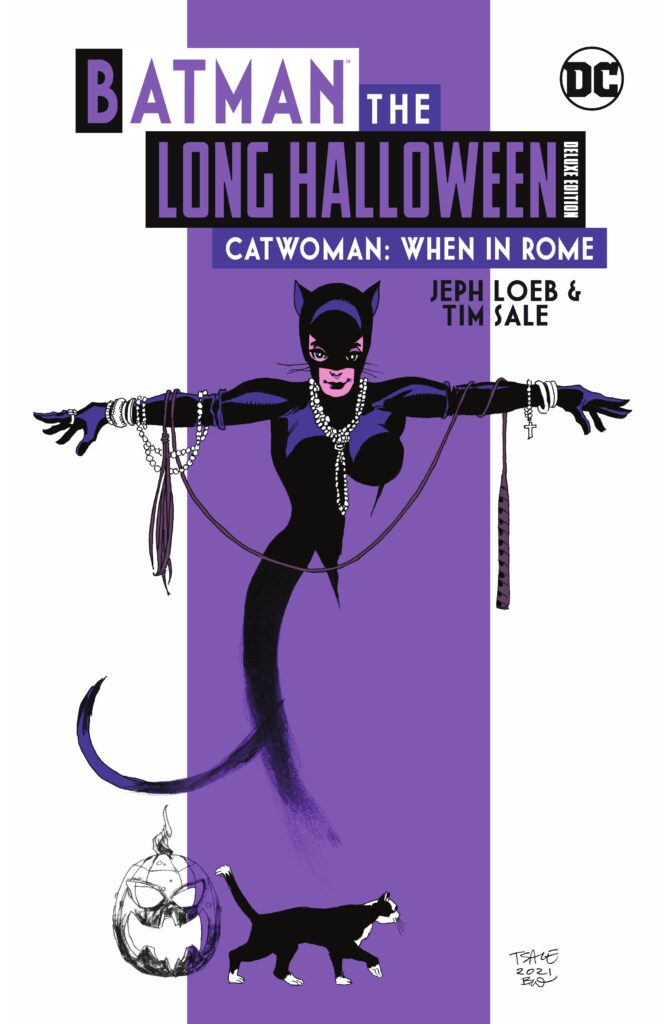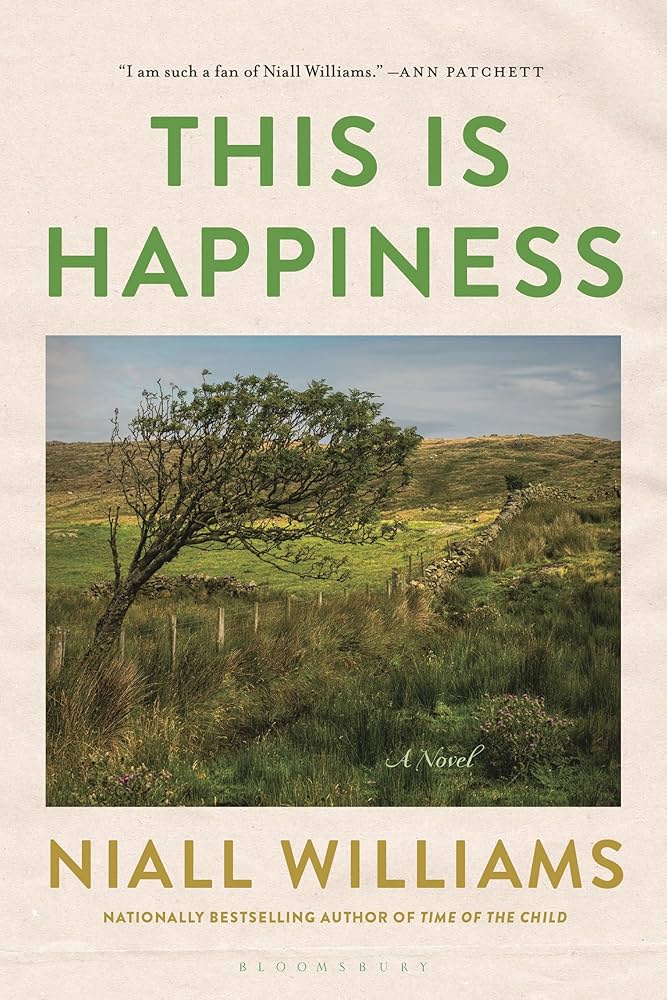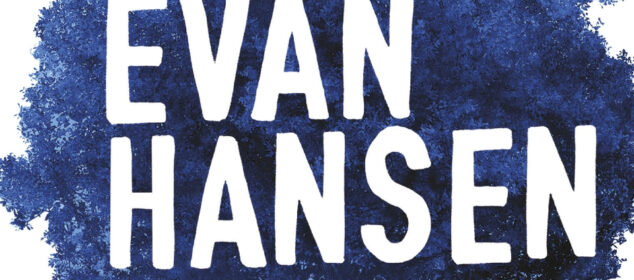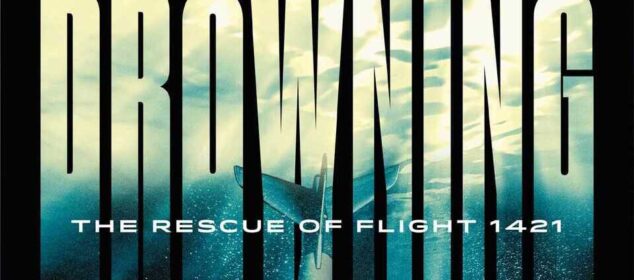Book Review: I Think We’ve Been Here Before — Suzy Krause
The whole world is astroturfed, we know this much. It’s how I Think We’ve Been Here Before ended up in my lap, probably – it’s published by Lake Union Press, which is owned by Amazon, and it was promoted as one of the Goodreads books of the year despite being published in December 2024. Without the need to feed the gamification ending that is modern Goodreads, many readers likely would not have even thought to try I Think We’ve Been Here Before. It’s very low key, but it’s also entirely divorced from human nature in a way that never rings true, despite the elevated concept.
In October, news reports announce that an astronomical event will see the world destroyed by Christmas time. A family in a small Canadian town are in peril: the patriarch is inured to the concept because he has a terminal illness anyway; the matriarch can’t reach her daughter in Berlin; the daughter, unable to book a flight home, refuses to answer her phone. All the while, they have an intense feeling of deja vu, but surely the world hasn’t ended before.
Krause has two huge deal breakers that make the book near impossible to take: Nora’s inability to answer her mother’s calls for two weeks discounts most sympathies the reader is able to have; a twelve year old disappears without trace for three weeks and his parents only marginally freak out. If this was a non-apocalyptic book they’d be apoplectic; that global doom is imminent means you think they would be more desperate for the reunion.
Nobody says that people need to face the end of the world in panic; there’s a lot to recommend taking it in your stride, but who’s to says how any of us would tackle the inevitable? But Krause has preserved her characters in a sort of amber sludge where they don’t care about anything, particularly. It’s not nihilism, but an indifference that is neither credible nor distressing. Krause’s touch is so gentle that for the most part you can only feel either contempt or disdain towards.
It’s one thing for the people of a small Canadian town where nothing ever happens to be this way (if anything, they should care more), and another for the streets of Berlin that are portrayed as if they have almost no one in them, without ever explaining where anyone has gone.
This said, I can be a sucker for ends of the world when an author is brave enough to commit to them. I Think We’ve Been Here Before does, in fact, have an ending that is both stronger than anything that came before it while still feeling like it was informed by what came before it. It’s not enough, but it’s a valiant effort on Krause’s part.
I Think We’ve Been Here Before has the kernel of an interesting idea hiding in it, but Krause never really allows it to germinate, and it has an artificial air that is so intoxicating to people who enjoy reading books where the characters aren’t easily mistaken for humans. The word “cozy” has been bandied about to describe this sort of fuzzy hug of a book divorced from reality, but readers would do well remember that coziness can be suffocating. There’s no breathing room in this novel, but at the very least it thematically hits the mark for an end of year read.
Free yourself from the chains of Goodreads challenges.

